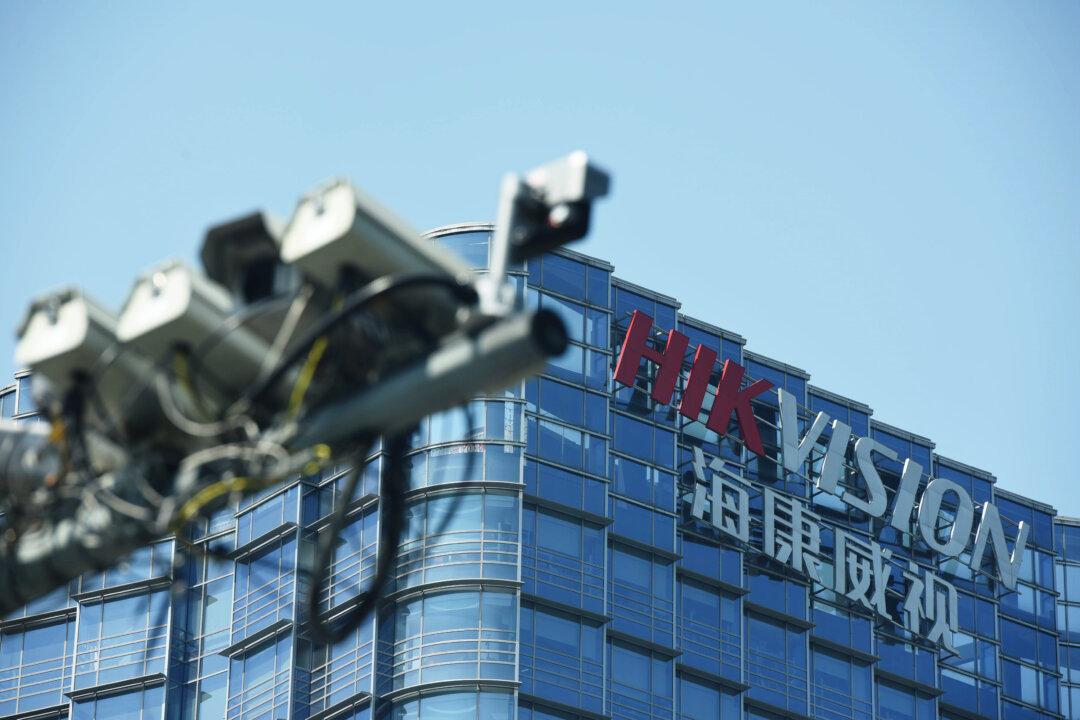The UK’s central and local government ministers have been challenged to clarify their positions on buying surveillance cameras from a company partly owned by the Chinese regime, according to correspondence published on Monday.
The Home Office’s independent Biometrics and Surveillance Camera Commissioner Professor Fraser Sampson wrote to ministers last week about his concerns over Hikvision cameras following a recent report by The Telegraph that said Health Secretary Sajid Javid had banned his department from buying security cameras from the Chinese company after a procurement review revealed “ethical concerns.”





